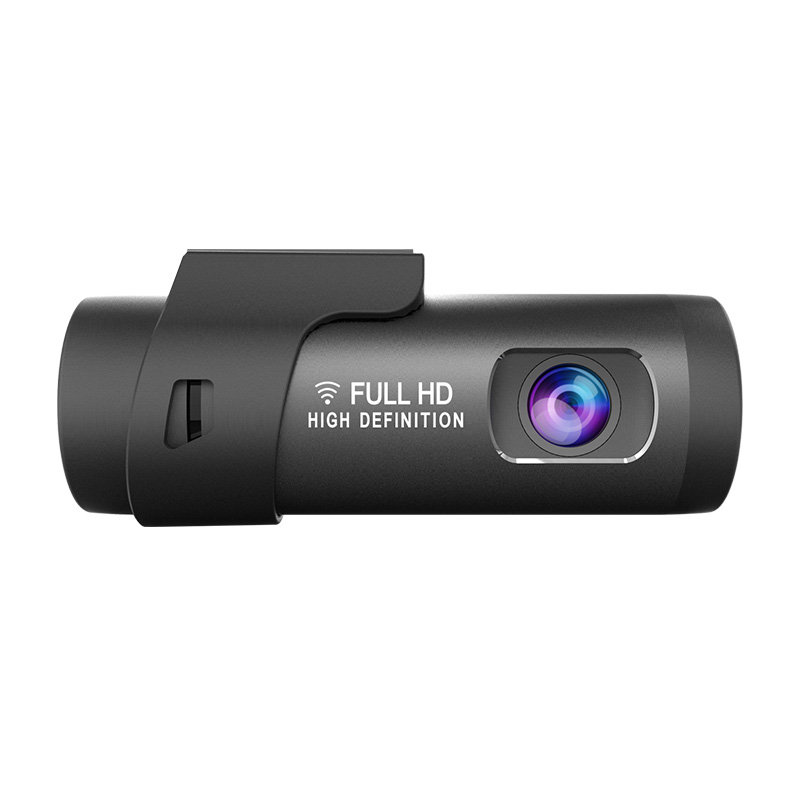ISO9001 Certification
 Aug 25,2022
Aug 25,2022

 Ausek
Ausek
ISO 9001 is a standard for quality management systems (QMS). It is a set of guidelines that helps organizations ensure that they are meeting the needs of their customers and other stakeholders.
To be ISO 9001 certified, a company must have a QMS in place that meets the requirements of the standard. This includes establishing a clear set of policies and procedures for managing processes and resources, as well as setting goals and objectives for continuous improvement. The company must also be able to demonstrate that it is consistently meeting the requirements of the standard through internal audits and periodic assessments by a third-party certification body.
To be ISO 9001 certified, a company must undergo a formal assessment process. The assessment typically involves the following steps:
-
Prepare for the assessment: The company must establish a quality management system (QMS) that meets the requirements of the ISO 9001 standard. This includes developing policies and procedures, setting goals and objectives, and documenting processes.
-
Request an assessment: The company must request an assessment from a third-party certification body, which is an independent organization that has been accredited to conduct ISO 9001 assessments.
-
Self-assessment: The company must conduct a self-assessment of its QMS to verify that it meets the requirements of the ISO 9001 standard.
-
On-site assessment: A team of assessors from the certification body will visit the company's facility to observe operations and verify that the QMS is being implemented as documented. The assessors will also review documentation and interview employees to ensure that the QMS is effective and that the company is meeting the requirements of the standard.
-
Report and decision: The certification body will prepare a report detailing the results of the assessment. If the company meets the requirements of the ISO 9001 standard, the certification body will issue a certificate of conformity. If the company does not meet the requirements, the certification body will provide feedback and guidance on how to improve.
The assessment process is typically conducted every three years, with annual surveillance audits to ensure that the company is maintaining its QMS and meeting the requirements of the standard.








 Home
Home BSCI Certification
BSCI Certification  You May Also Like
You May Also Like










 Tel
Tel
 Email
Email
 Address
Address









